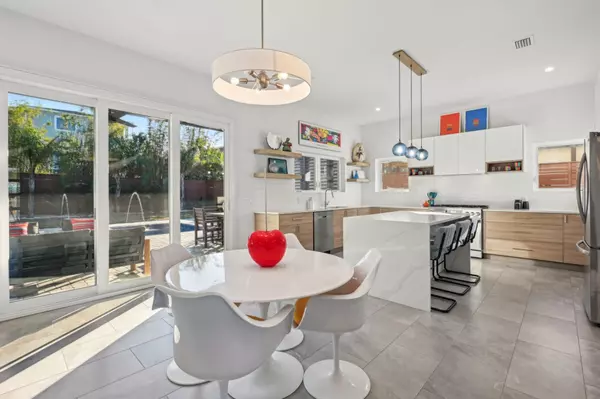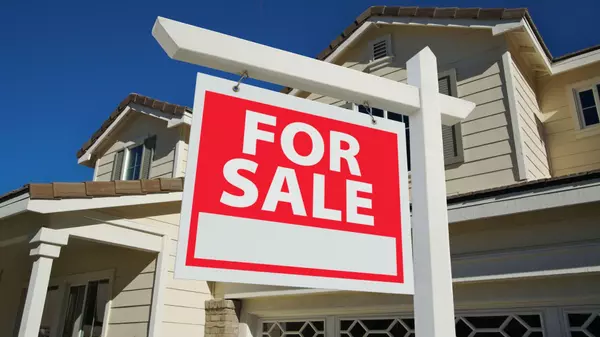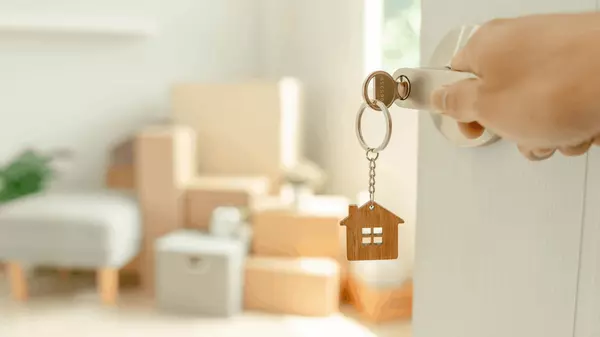Spring Fishing in St. Augustine: The Best Spots & Seasonal Catches
Whether you're a seasoned angler or just looking to enjoy the salt air with a rod in hand, spring fishing in St. Augustine, FL, offers some of the most exciting and diverse catches of the year. From inshore hotspots like the Matanzas Inlet to offshore adventures for cobia and mahi-mahi, this guide breaks down the best local fishing spots, top seasonal species and expert tips to help make the most of every cast. Dive into our latest blog and discover why spring fishing here is more than just a hobby - it's a way of life.

Seller Concessions: A Smart Strategy To Get Your House Sold in St. Augustine
In today’s real estate market, smart sellers know that a little flexibility can go a long way in securing a deal. If you're looking to attract more buyers and close quickly, offering seller concessions, where you agree to cover some of the buyer’s costs, can be a powerful negotiation tool that sets

Virtual Tours: The Way to Showcase Your St. Augustine Home to Buyers
Virtual tours have been around for years, but they’ve become essential for home sales—especially in a market like St. Augustine, where many buyers are shopping from out of town. In today’s competitive real estate landscape, buyers expect convenience and accessibility. A high-quality virtual tour all

Are You Asking Yourself These Questions About Selling Your Home in St. Augustine?
Selling a home is a big decision; if you're like many homeowners, you may have a few pressing questions before moving. Some concerns are valid, but others may be holding you back unnecessarily. Let’s break down the most common questions I hear from sellers in St. Augustine and what the latest marke
Categories
Recent Posts











